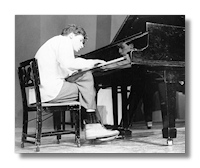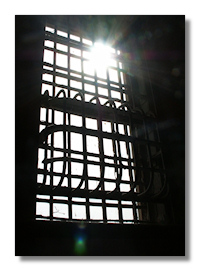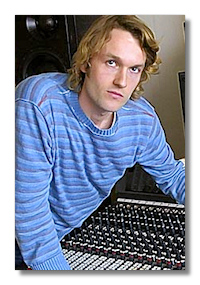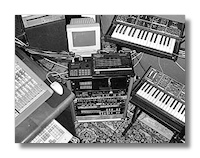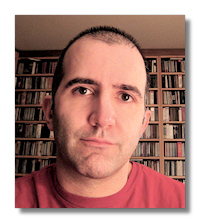
An Argument for Music
Critic Alex Ross keeps "classical" music current.
by Paul Gleason
The first movement of Tchaikovsky's Violin Concerto ended, and Carnegie Hall erupted in applause. Joshua Bell, whose dazzling solos and severe good looks had fired the crowd, pulled a handkerchief from his pocket and wiped it theatrically across his brow. The audience remained enthralled, but Alex Ross '90, sitting in the critic's traditional perch halfway up the left aisle, jotted down his thoughts in a small black notebook.
Ross was less interested in Bell than in how conductor Kent Nagano was molding his new group, the Montreal Symphony Orchestra. Already, Ross heard hints of Nagano's signature sound: a cool, elegant balance. But the concerto itself, he noted during the intermission, wasn't quite together. "Bell performed very brilliantly. But I didn't feel he and Nagano and the orchestra were totally in sync," Ross said. "Bell seemed to be in his own world a bit, and the orchestra was a little eeeehhh…" He made a nervous motion with his hands, as if someone were trying to hand him a small, rambunctious animal.
Ross wasn't planning to review the concert for the New Yorker, where he is a staff critic. He simply wanted to keep up with a favorite conductor and hear the American premiere of a piece by Unsuk Chin, a Korean composer whose opera he had reviewed favorably the previous summer. "Absolutely essential to my mission as a critic is talking about living composers," he said. "It wouldn't be interesting to me to spend all my time evaluating the right way to play Beethoven's Fifth Symphony. I enjoy writing that kind of column, but the greatest excitement is when works come into being."
Read more about this at the Harvard Magazine website:
http://harvardmagazine.com/2008/07/an-argument-for-music.html















